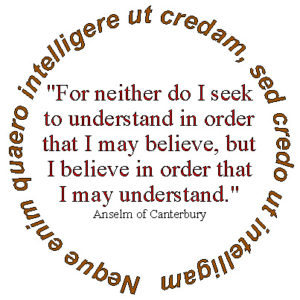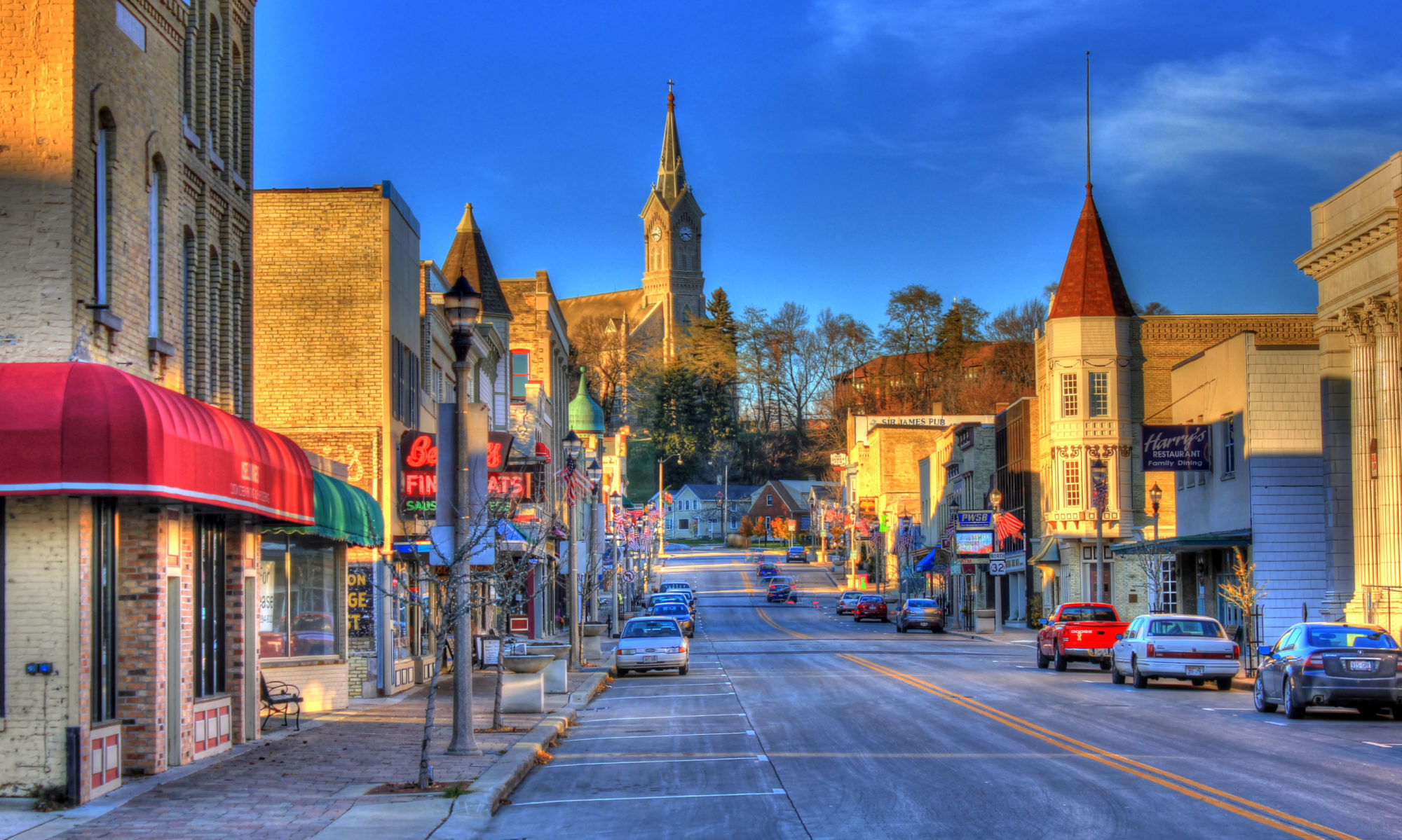Questions may be frustrating because there does not seem to be an answer that proves to be satisfactory. Perhaps it is better not to have any questions at all.
Some time ago my uncle Richard Hirst offered my family the use of his double wide mobile home in Ocean City, Maryland. We accepted with great anticipation of spending a week on the beach. Our family was enlarged by the presence of my grandmother Edith. Edith Shultz was a missionary. My grandfather James was a missionary in the Far East, he was also a college professor, a seminary professor, a pastor and a magazine editor. Grandmother had incredible experiences.
One evening she turned to me and said, “You have to stop asking so many questions. They will be a source of difficulty for you. At the time I was a pastor of the Seventh-day Adventist Church in Wakeman-Manchester, Ohio. I responded grandmother don’t you have question. “No,” she said, “I do not have any questions.” Given her age and experience it was not difficult to accept her response. But I had my doubts. Who does not have questions?
 I had and still have many questions. I discovered a quotation from Anselm of Canterbury that is used on my personal stationary. “For neither do I seek to understand that I may believe, but I believe in order that I may understand.”
I had and still have many questions. I discovered a quotation from Anselm of Canterbury that is used on my personal stationary. “For neither do I seek to understand that I may believe, but I believe in order that I may understand.”
It may be understood in this way: “It is better to believe than it is not to believe.” This may sound contradictory but only if it is unqualified and taken to mean that one is to believe the unbelievable.
The struggle is what to do with what for you may be the unbelievable. Doubts raise questions. You may ignore your doubts or even reject them out-of-hand. Think of life as a long corridor that contains many doors. What is behind the doors may be hidden from view and understanding. To not believe closes and locks that door. If you choose to close the door you may close out future possibilities. To believe, even when you don’t believe allows the door to be opened and when you have additional information the contents of that door may be explored ultimately with enormous personal satisfaction.
We learn to live with our questions and our doubts. It may be boring or exciting. It is how we relate to questions and doubts that determines the outcome.
